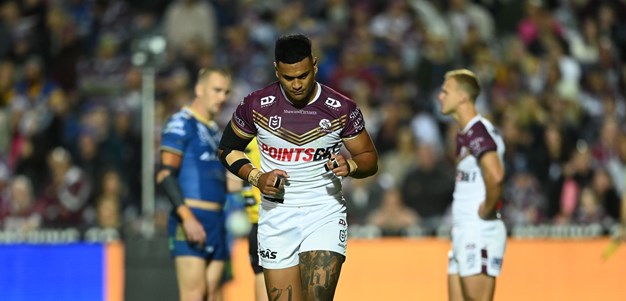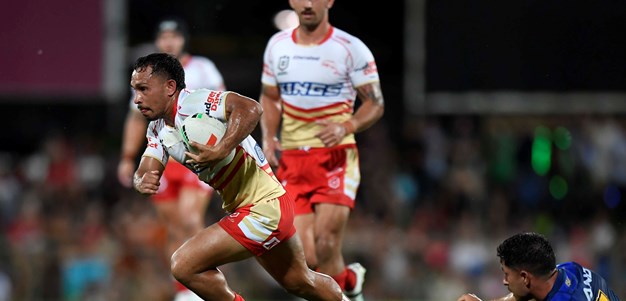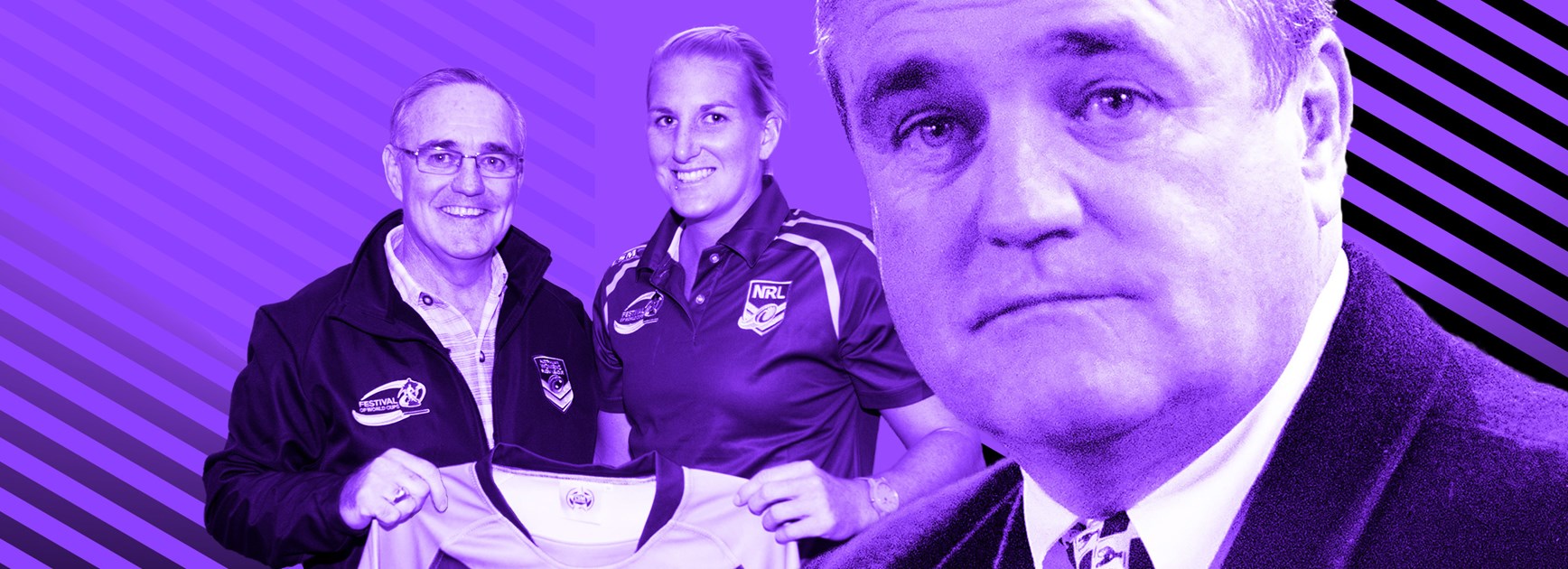
In the first instalment a 10-part series on some of women’s rugby league’s main trailblazers for Harvey Norman Women In League Round, Troy Whittaker uncovers the lasting legacy of the late, great former Jillaroos coach Graham Murray.
After becoming the first ex-NRL coach to take the reins of the Jillaroos in 2010, the late Graham Murray set the women's game well on the path to professionalism.
Murray did an amazing job to get the Australian team firing but poor health meant he was unable to be there in person when the Jillaroos won their maiden World Cup in July 2013 and, tragically, he died aged 58 two weeks later following his second heart attack.
Prior to stepping down before that World Cup in England for health reasons, Murray, along with then-NRL CEO Dave Smith, worked to ensure the campaign was, for the first time, fully funded by the governing body so players didn't have to pay their own way.
His appointment as Jillaroos coach brought more attention to the fledgling women's game of 10 years ago.
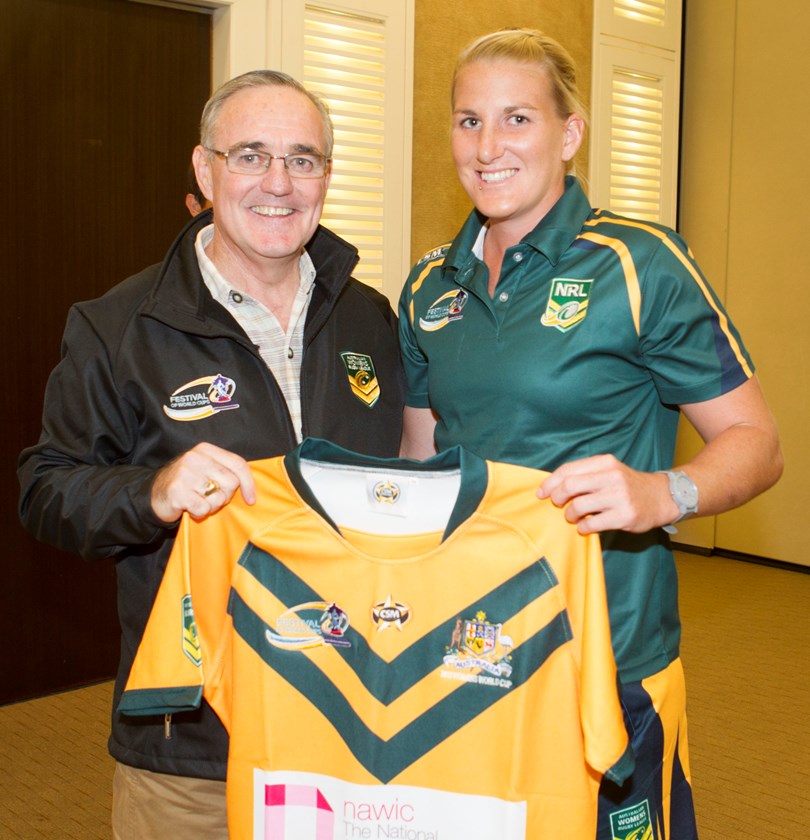
"The women's game wasn’t really noticed and then all of a sudden this great coach of the NRL - and he was so successful - wanted to be a part of it," incumbent Australian captain Ali Brigginshaw said.
"And I truly believe that he and a few others were the difference in where women's rugby league is today."
Murray played first grade for the Parramatta Eels and South Sydney Rabbitohs and coached the Illawarra Steelers, Hunter Mariners, Leeds Rhinos, Sydney Roosters, North Queensland Cowboys and NSW.
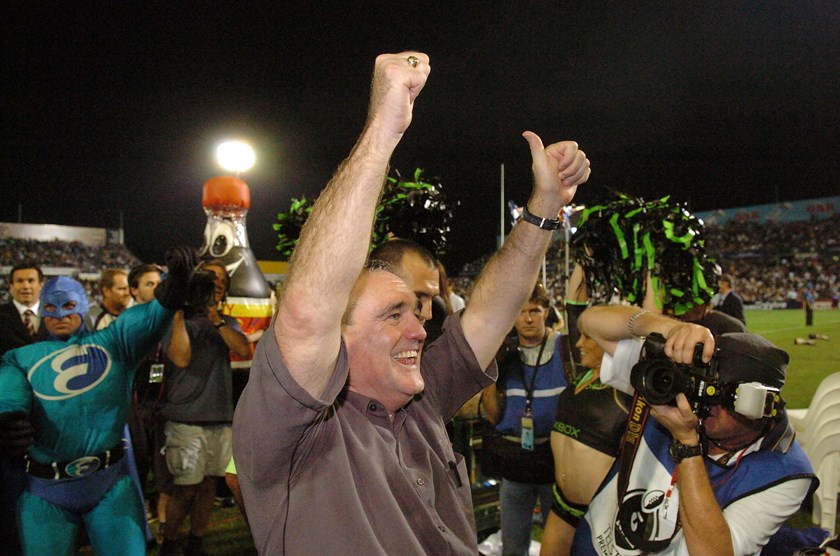
He gave the Jillaroos the respect he showed every side.
"I think everyone [before him] tried to say, 'You're women, you play the game differently'," Brigginshaw said.
"Whereas when Graham Murray came in, it was, 'You want to be treated as professional rugby league players, so I'm going to coach you just like I coach the men'."
Murray imparted that outlook on current Jillaroos coach Brad Donald, who sought the veteran clipboard holder's opinion after first being asked to help guide a women's team in Queensland.
Donald said Murray's influence, along with that of fellow ex-NRL and Jillaroos coach Steve Folkes, who died in 2018, lives on in the team.
"The resources and the support that [the players] have access to is a legacy that Muzz and Folkesy both left," Donald said.
"Sometimes I've got to pinch myself - I'm in such a privileged position where these two guys have been before.
Strength to strength: NRL celebrates 14th Women in League Round
"What they accomplished in the game, it makes me personally work really hard on behalf of the whole women's movement.
"They lived through the male game from amateur, semi-professional to professional. What they've done for the women's game is start that transition as well ... Hopefully we can kick it into the professional sense over the next couple of years."
Murray preached values that Brigginshaw still abides by: "Please and thank yous, be in uniform and be on time," the halfback said.
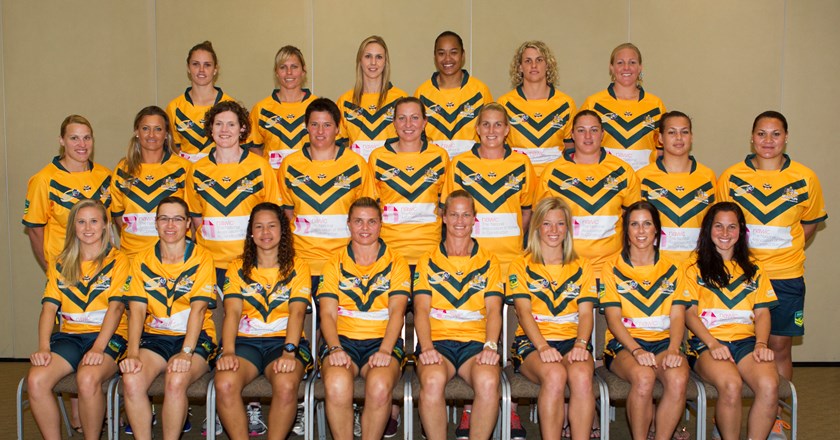
"The minute he came in he set those standards."
The Jillaroos dedicated their historic 2013 World Cup final triumph over New Zealand to Murray. Brigginshaw said his role in securing funding "took the pressure off us".
"The best players that deserved to be there could be there and that's something that made us so much stronger. We had the best people for Australia playing in the World Cup," she said.
"And also the best support staff. [Murray] didn't just get anyone off the street and say, 'Oh, well, you can do a job'. He said, 'I want you to have the best and I believe these guys can work'."
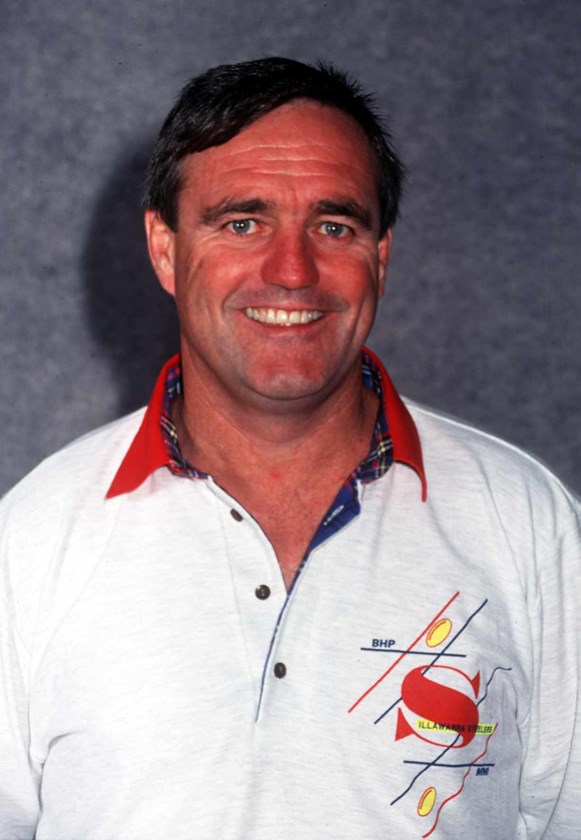
For Donald, Murray's efforts "made me understand the responsibility you have while you're in the [coach's] seat".
Brigginshaw described the great coach's funeral as "probably one of the saddest times of my life".
"Seeing how many people loved and appreciated him - it was one of the biggest funerals I've ever been to," she said.
"They laid jerseys on his coffin from each team he'd been a part of. [There were] 20 or 30 jerseys on there and that's how much he was devoted to rugby league.
"Graham Murray's family was also really supportive. His wife and his daughter were always thankful for us and what we'd done. They always spoke really highly of us and how much Muzz loved it."
